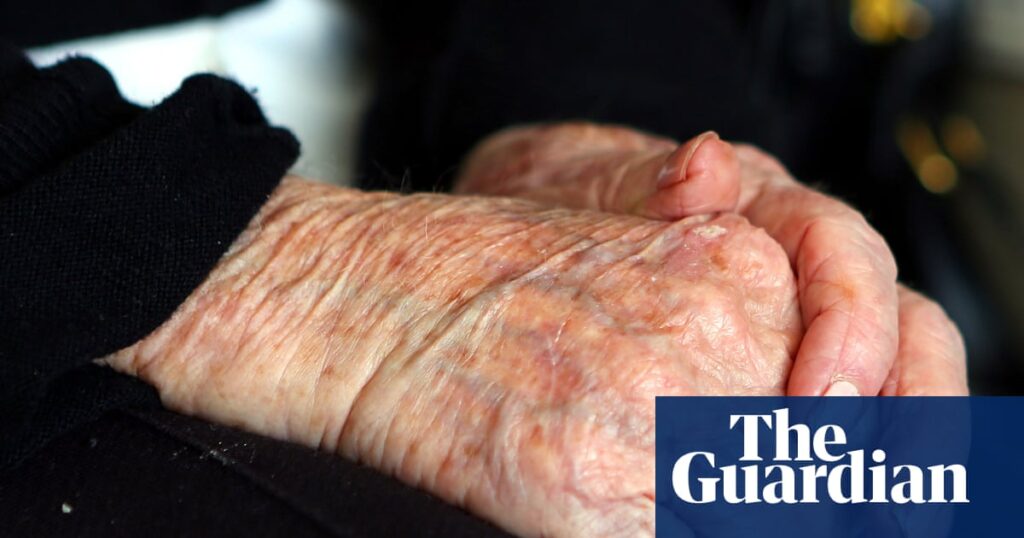
The Victorian government is navigating a complex political landscape as it seeks to pass its voluntary assisted dying (VAD) laws. The legislation, which has sparked a factional split within the Labor Party, will require support from a diverse group of MPs, including those from One Nation and the Liberal Party, to ensure its passage.
This development follows a heated debate in the lower house on Wednesday, where amendments to the state’s VAD laws were discussed. These amendments propose allowing doctors to initiate conversations about voluntary assisted dying and extend the eligibility period for terminal illnesses to 12 months. Both Labor and Coalition MPs have been granted a conscience vote on the matter.
Internal Labor Divisions
Labor MPs affiliated with the Catholic-influenced SDA union sub-faction have attempted to introduce amendments to limit the scope of the proposed changes. This move comes after an unsuccessful attempt to delay the bill for further consultation. The motion, led by Greenvale MP Iwan Walters, was defeated 66 votes to 17, with support from several Labor MPs.
Walters’ repeated references to VAD as “assisted suicide” drew criticism from fellow Labor MP Emma Vulin, who is a supporter of the reforms and lives with motor neurone disease (MND). Vulin, speaking through text-to-speech technology, shared her personal experience and the comfort she derives from having VAD as an option.
“I do not know how my journey with MND will end, but I do know this, the knowledge that I may have voluntary assisted dying as an option gives me strength,” she stated. “It allows me to live with more peace, to focus on the moments that matter, and to spare my loved ones from witnessing my prolonged suffering that serves no purpose.”
Health Minister Mary-Anne Thomas urged Walters to consider the impact of his words, highlighting the sensitivity of the issue within the chamber.
Cross-Party Support and Challenges
Despite the internal opposition, the bill is expected to pass the lower house with backing from a majority of Labor MPs, the Greens, several Liberals—including opposition leader Brad Battin—and all Nationals except Peter Walsh. However, concerns linger about its fate in the upper house, where Labor holds 15 seats but requires 21 votes for the legislation to pass.
According to sources within the party, three SDA-aligned MPs in the upper house, including sub-faction leader Minister Lizzie Blandthorn, are anticipated to vote against the bill. There is also speculation that another MP from the broader right faction may oppose the changes.
Nevertheless, the government is poised to secure the necessary votes from other parties. David Limbrick of the Libertarian Party has expressed support for VAD as a “principle of bodily autonomy,” although he voiced concerns about obligating doctors to provide information against their beliefs.
“On balance, though, I will support the bill,” Limbrick affirmed.
Regional Access and Broader Implications
Rikkie-Lee Tyrrell from One Nation also supports the bill but intends to propose amendments. She is advocating for increased access to VAD in regional Victoria, emphasizing the need for more hospice services to prevent terminally ill patients from having to travel to Melbourne.
“Regional Victorians and their families shouldn’t have to travel to Melbourne in their final days to access VAD,” Tyrrell asserted.
Liberal MP Georgie Crozier has confirmed her support for the bill, and a party source indicated that Nick McGowan is a “staunch believer in the individual” and their right to choose their end-of-life path. These votes, combined with support from the progressive crossbench—including the Animal Justice Party MP, Georgie Purcell, two Legalise Cannabis MPs, and four Greens—are expected to secure the bill’s passage.
Looking Ahead
The passage of the VAD bill in Victoria represents a significant step in the ongoing debate over end-of-life choices in Australia. As the government seeks to navigate internal and external political dynamics, the outcome of this legislation could set a precedent for other states considering similar measures.
With the bill poised to pass the lower house, all eyes will be on the upper house’s decision, which will ultimately determine the future of voluntary assisted dying laws in Victoria.





